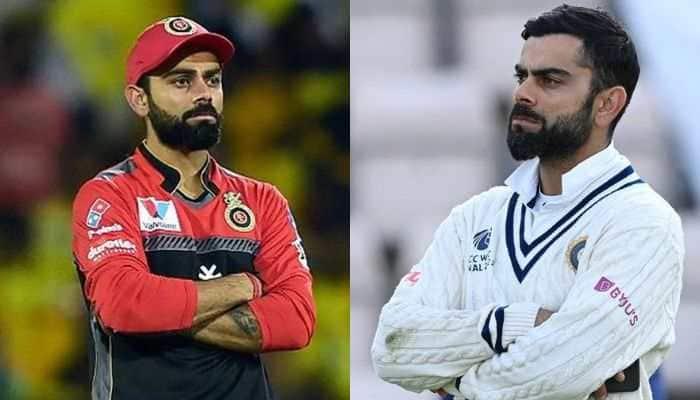CBSE Class 12, 10 Results 2017 delayed – All you need to know about Moderation Policy
The CBSE adopted moderation policy in 1992.
Trending Photos
)
New Delhi: While directing the Central Board of Secondary Education (CBSE) not to implement its decision to scrap its moderation policy this year, the Delhi High Court said the evaluation for the class 10 and 12 board tests this year shall be done as per the grace marks policy that was in vogue when the students submitted the examination forms.
A bench of Acting Chief Justice Gita Mittal and Justice Pratibha M Singh refused to allow the CBSE to withdraw its moderation policy for the exams held this year, saying "rules cannot be changed after the game has begun".
All about CBSE' moderation policy:
Moderation of marks is done to bring uniformity in the evaluation process, wherein marks scored by students are changed to align with the marking standards of different examiners.
In April, the CBSE decided to scrap its moderation policy with immediate effect, which caused distress among students awaiting CBSE 2017 board exam results that there will be a decrease in the percentage as no grace mark will be given for difficult questions.
The CBSE, however, said it will continue with its practice of awarding grace marks to students where a few marks are required to qualify.
The move came after the CBSE had in December last year requested the HRD Ministry to help develop a consensus among all state boards on completely removing the marks moderation policy which is considered as the reason behind inflated scores in board exam results.
Under the moderation policy, examinees are awarded up to 15 percent extra marks in certain papers if the questions are deemed to be difficult.
If the states also decide to adopt the policy, then the soaring cut-offs for admission to colleges are likely to go down.
The CBSE has opined that a unilateral scrapping of the policy would put its students at a disadvantage during undergraduate admissions and considered it important that all state boards agree to it.
The CBSE adopted moderation policy in 1992. It was implemented to bring uniformity in results, however, some boards used the policy to inflate board marks. This resulted in very high cut-offs and universities for example the Delhi University witnessed extremely high percentage.
Stay informed on all the latest news, real-time breaking news updates, and follow all the important headlines in india news and world News on Zee News.
Live Tv







)
)
)
)
)
)
)
)
)
)
